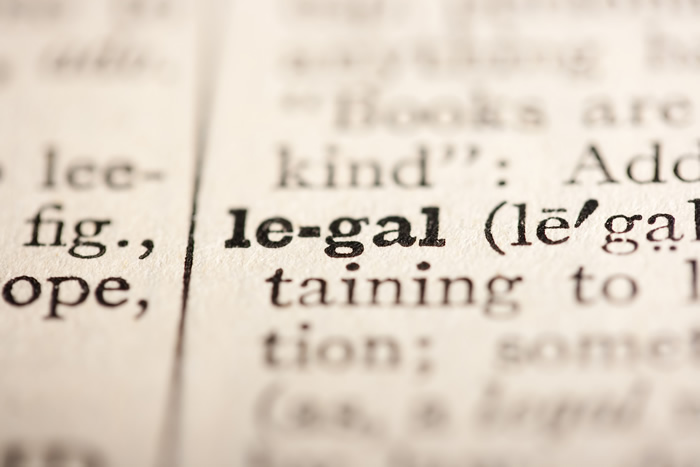The Law of Tort
Tort is a civil wrong that causes suffering, harm or loss to a claimant who can ‘bring a claim’ for damages (commence). The main objective of bringing a claim is to obtain compensation rather in a criminal case where the aim is to punish the wrongdoer. To bring a successful claim, a claimant must show the person or organisation who caused the harm:
owed a duty of care
A duty of care is tacit in circumstances where there is deemed to be a legal obligation for a party to exercise a particular amount of care in it’s relationships with others. There are many examples of where a duty of care care exists this including, local authorities, medical practitioners, builders etc.
A local authority has duty of care to maintain roads and walkways
Doctors are expected to exercise the duty of care of a reasonable doctor when dealing with a patient.
Builders should provide a duty of care when building a wall so that it meets the standards of a reasonable builder and not collapse
causation
The breach needs to have caused the harm. There is no causation if the harm and perceived causation are not connected.
foreseeability
In some torts, the question is was the damage reasonably foreseeable? Is it possible that either the action or inaction of the party of the party concerned could cause harm that could of been anticipated? Liability in tort can rise both from an act or omission.
remedies
damages are provided by way of financial compensation and are broken down into different categories:
contemptuous damages
When the claimant is successful but court considers that the claim should not have been brought and awards a very small amount of damages. This may be because the the loss suffered is not significant.
general damages
Damages awarded for pain, suffering and emotional distress. These damages do not include economic loss.
special damages
The amount (value) of damages must be pleaded by the claimant in relation to for example, medical expenses or property issues.
exemplary or punitive damages
Awarded by the court where they find that the action committed by the defendant is so serious that an example needs to be made. (an example needs to be created so that others can see how serious this breach is)
categories of tort include:
- nuisance
- trespass to land
- negligence
- economic torts
____
Legal English classes concentrate on the English used in legal language:
- Can you think of other examples where someone is owed a duty of care?
- Maybe you can think of examples where a duty of care will be ‘imposed upon’ someone?
- Does a duty of care ‘arise from common law or statute’ in your country?

